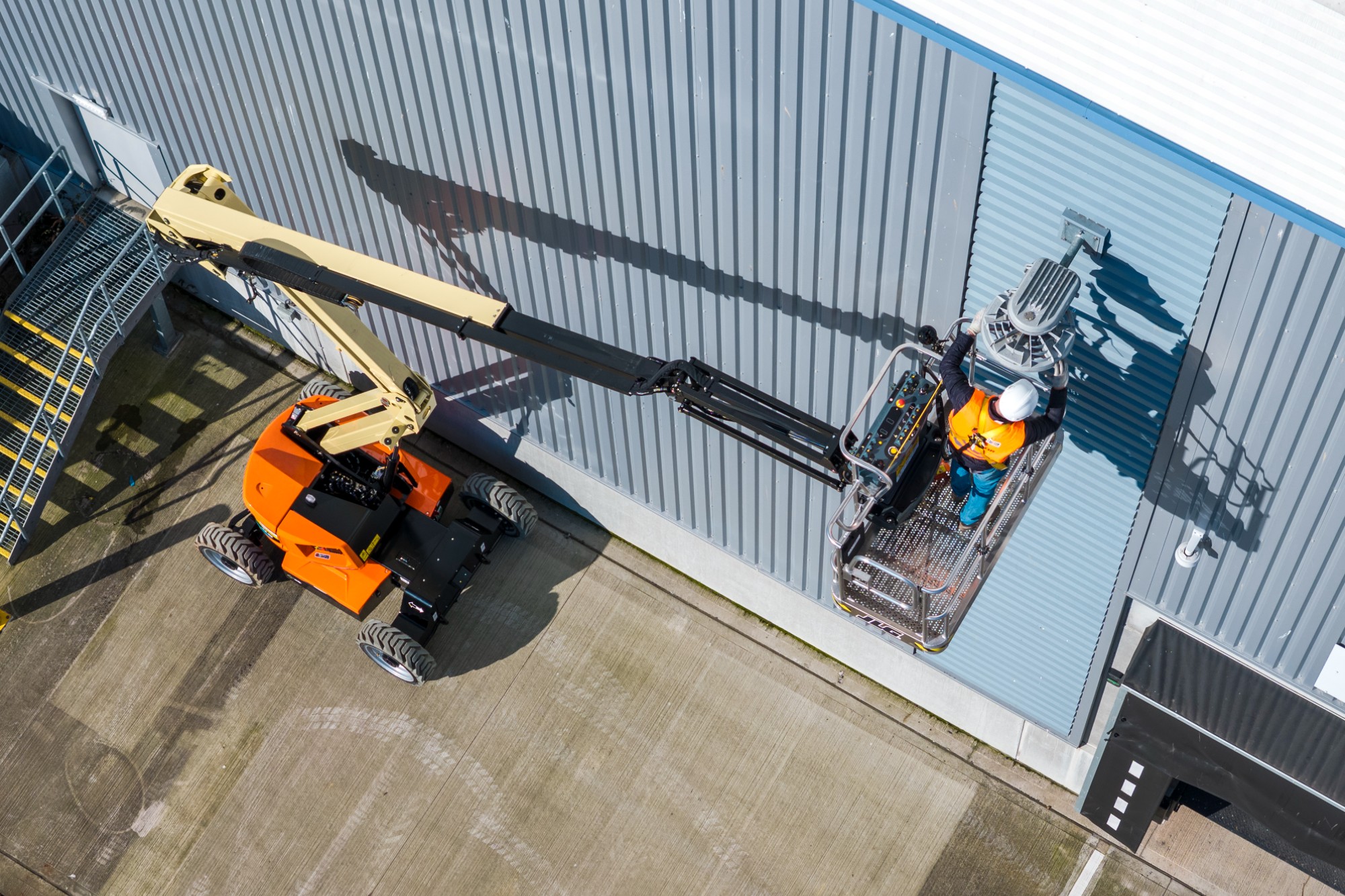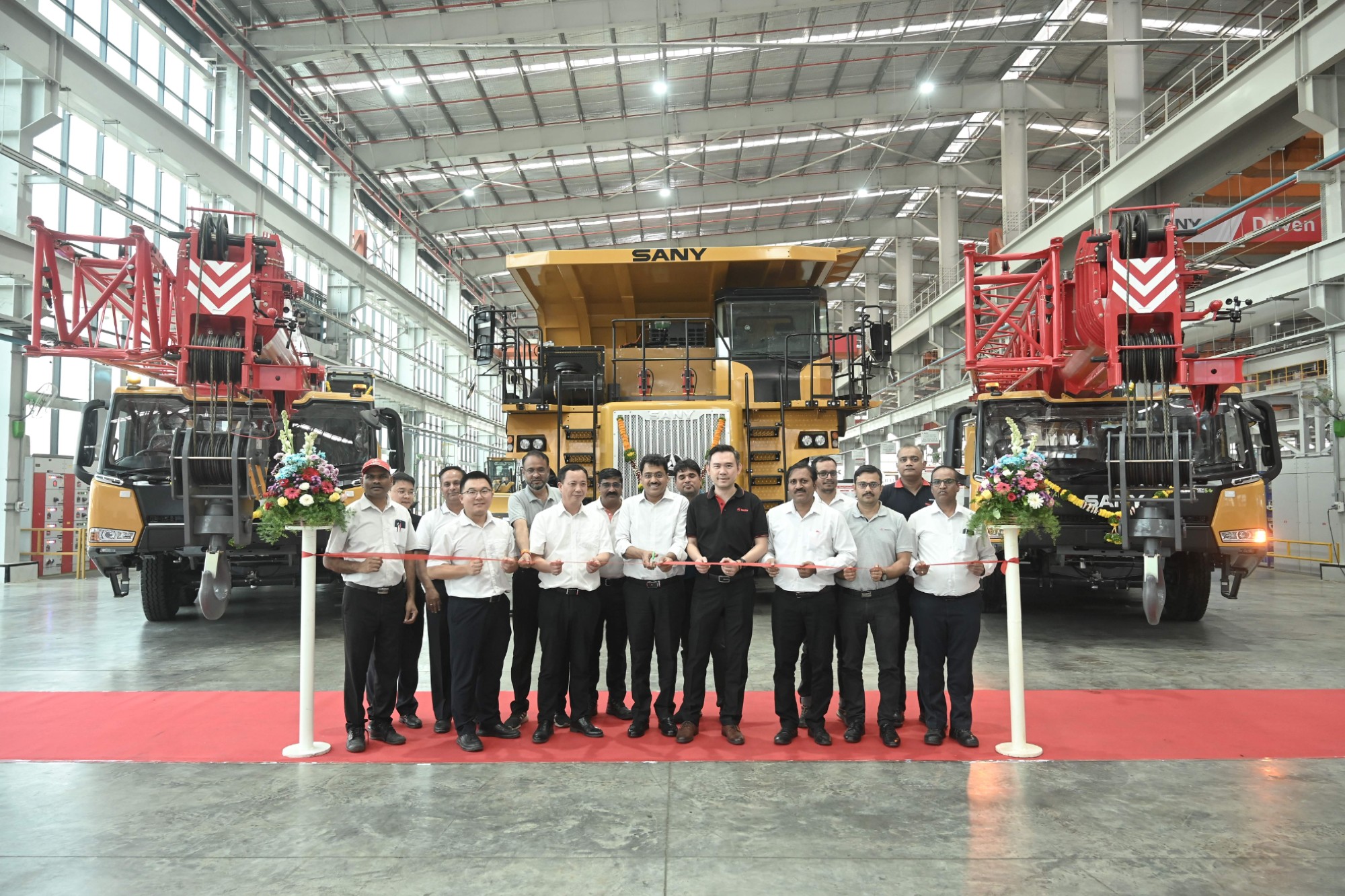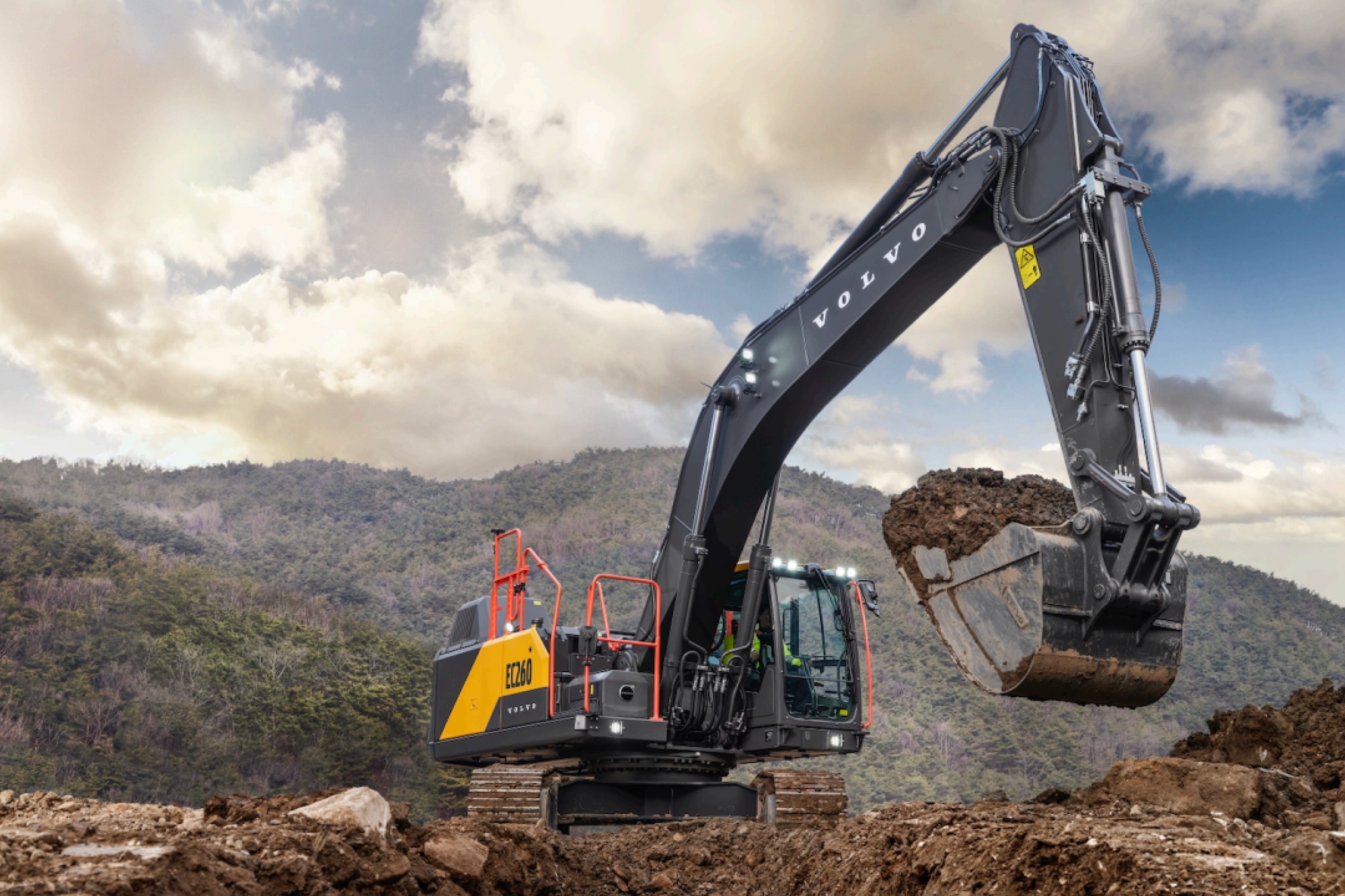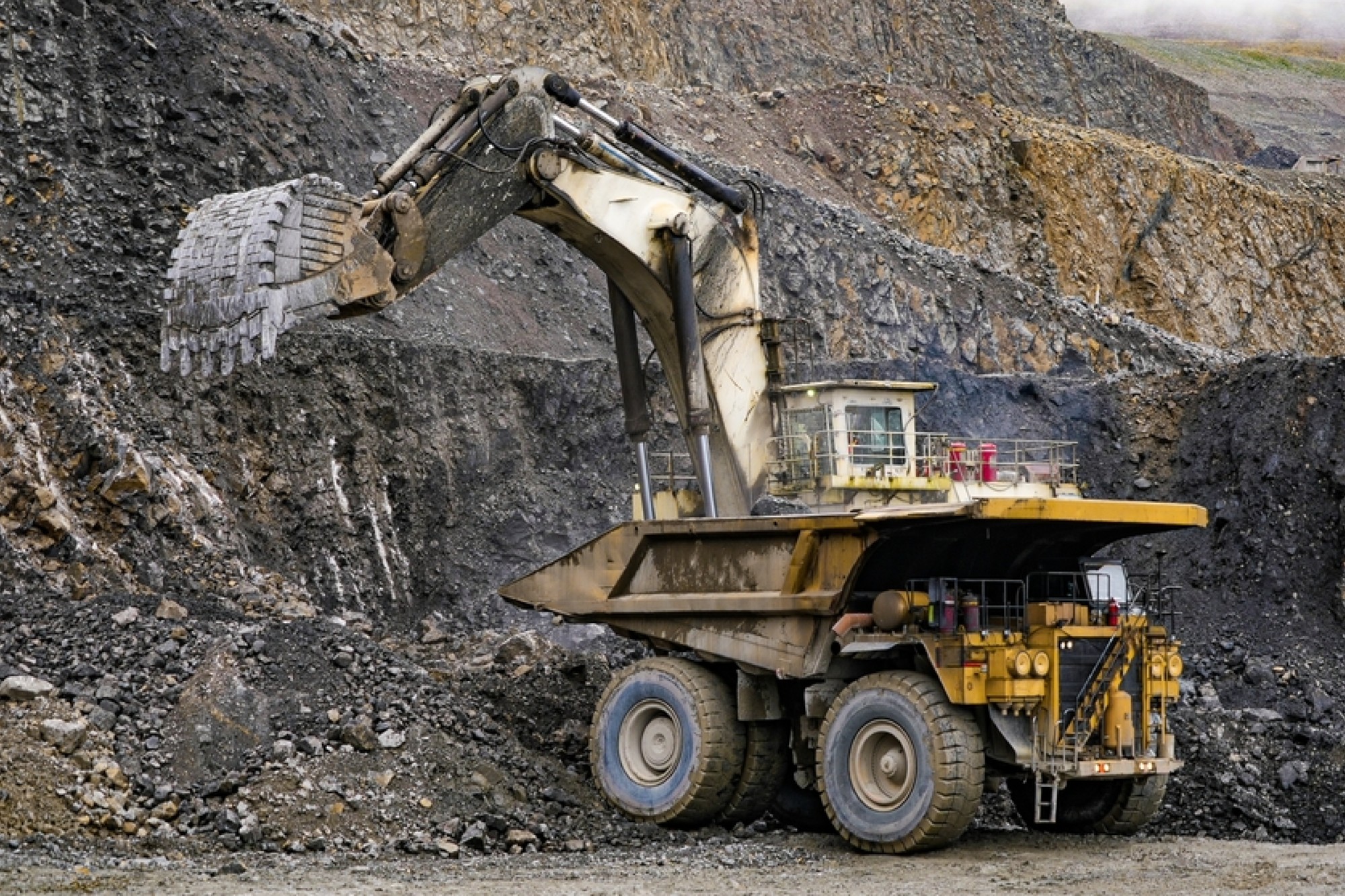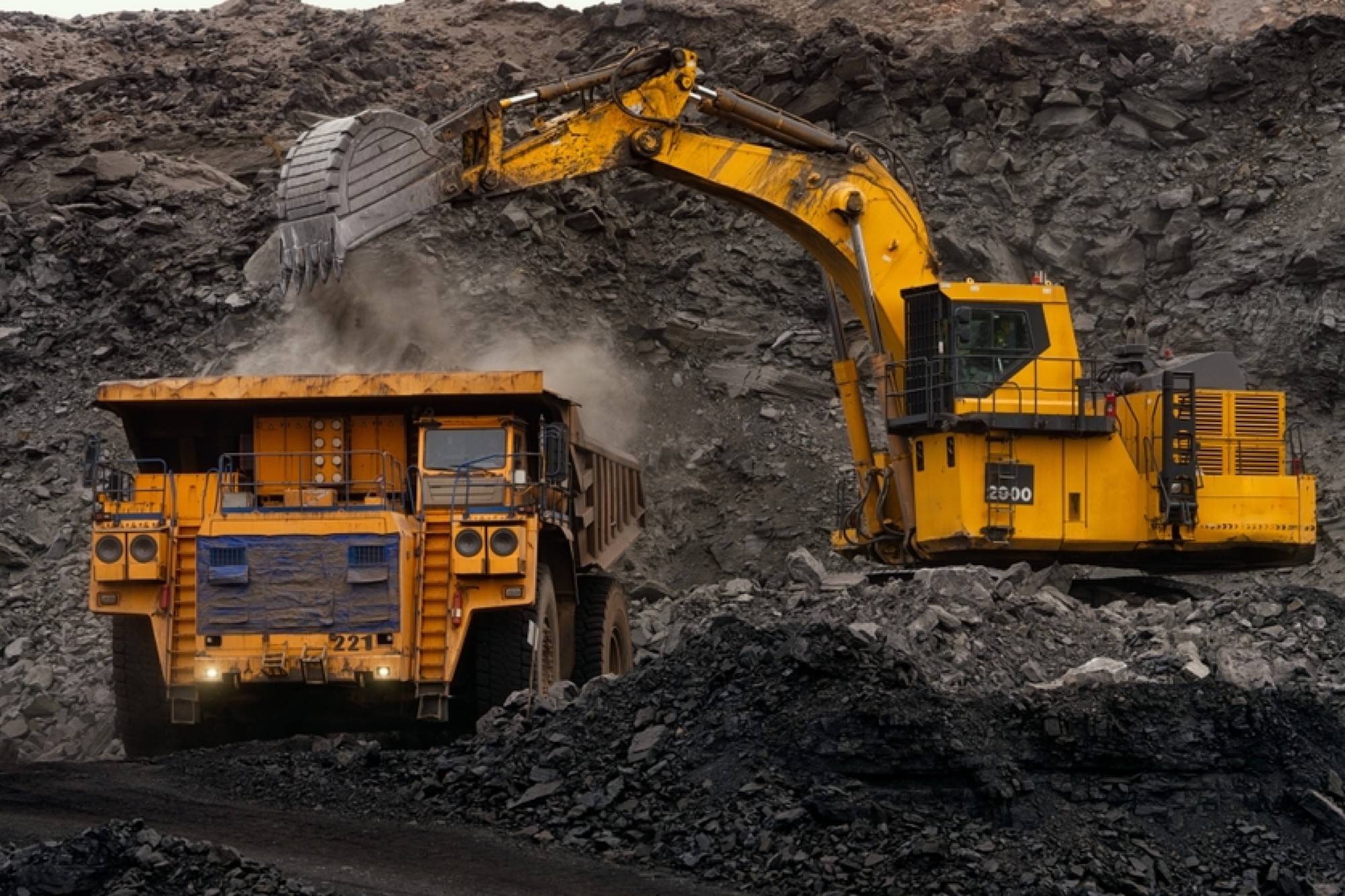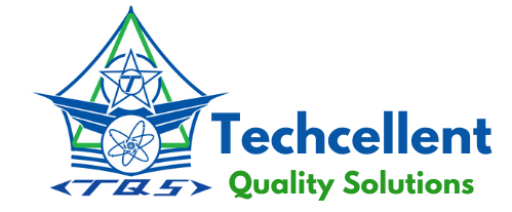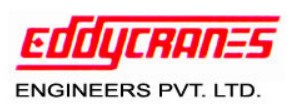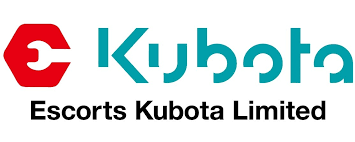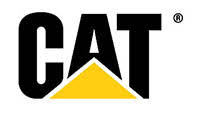Bharat Stage CEV IV ready for a cleaner India
By Edit Team | January 22, 2019 5:31 am SHARE
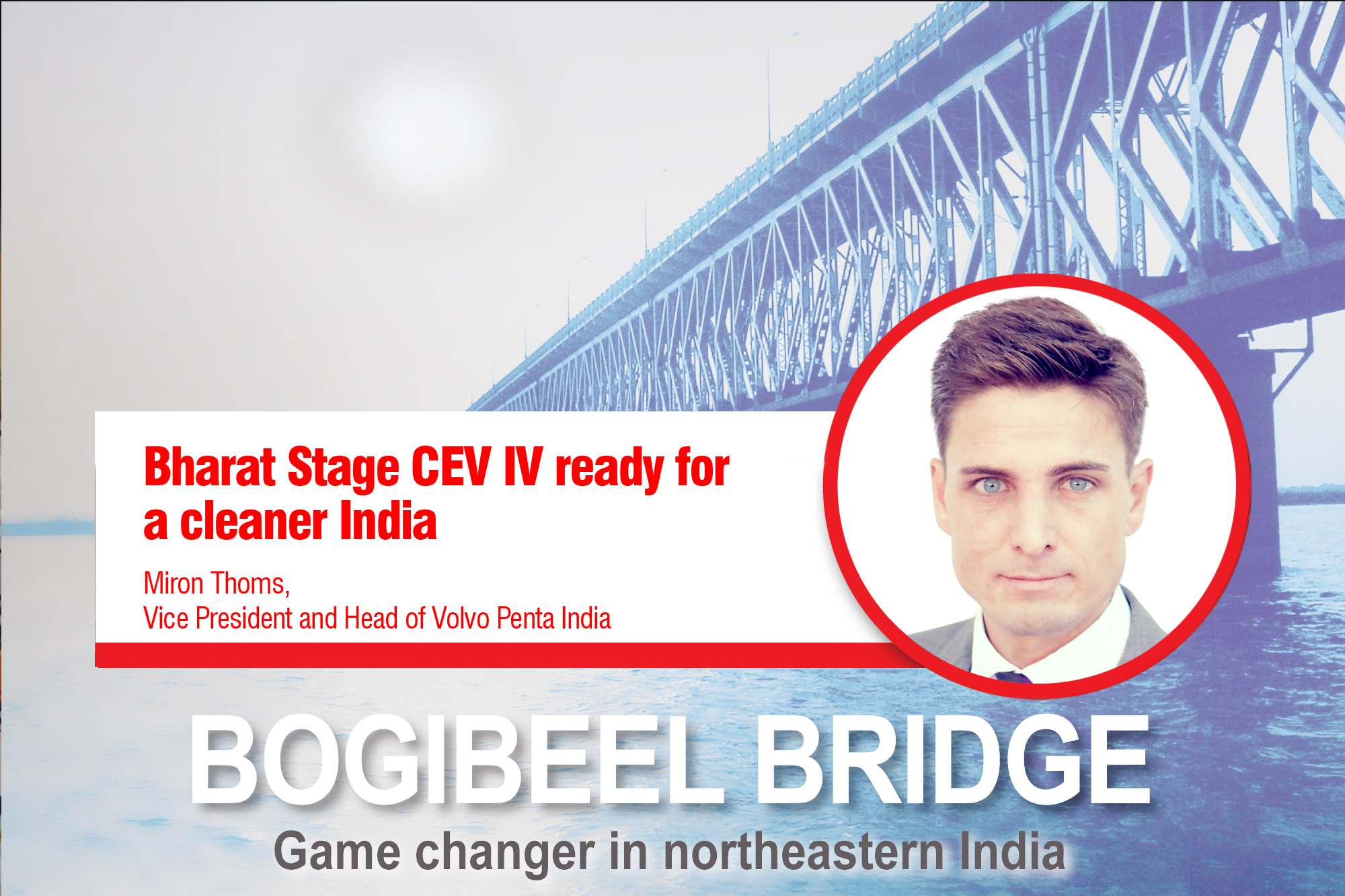
Rolling out BS CEV IV technology at bauma CONEXPO INDIA 2018, Volvo Penta India not only exhibited its range of engines at the trade show but also the new SCR aftertreatment components; an India first. Restating its commitment for a cleaner India, the company aims to reduce pollution through their products, according to Miron Thoms, Vice President and Head of Volvo Penta India.
What were your offerings at the expo?
We launched our BS CEV IV after treatment technology; being presented in India for the first time. While the emission regulation BS CEV IV will come in October 2020, we displayed this technology already in 2018 for our customers, so that they can start developing their new BS CEV IV compliant products starting in 2019. The new range of engines is based on the same engine platform available today with added components for cleaning the exhaust that will simply replace the muffler.
Volvo Penta presented the D8 and D13 from its engine family which consists of 5 base engines, from 5 L, 8 L, 11 L, 13 L to 16 L displacement. The 5-liter and 8-liter engine ranging from 105 kW to 235 kW are made in Pithampur, India and belong to the medium duty engine platform (MDEP), 11-liter, 13-liter, and 16-liter are available from 235 kW to a maximum rating of 565 kW and are part of the heavy duty engine platform (HDEP). All engines are available from stage II to stage IV on the same engine platform.
What are the unique features of Volvo Penta engines, the D8 and D13, which were exhibited in bauma CONEXPO India 2018?
Our engines share a number of high-technology design features like compact design and high power to weight ratio, an electronic engine control system and waste-gate turbocharger for increased block load acceptance, excellent performance with peak torque at low engine speed. All these features contribute to optimized total cost of operations. The top USPs for our engines are high reliability due to our high quality standards and less down time due to longer service intervals and excellent fuel efficiency. Also they allow the OEM to have one drivetrain and engine room concept and design for all emission regulations due to a modular EATS (Engine AfterTreatment System) and the Volvo Penta engine platform strategy. Volvo Penta’s strategy is to keep the changes from BS CEV III to BS IV as simple as possible for Indian OEMs. Volvo Penta’s proven Selective Catalytic Reduction (SCR) technology complies with BS (CEV/Trem) IV emission regulations without using a separate diesel particulate filter (DPF) or diesel oxidation catalyst (DOC). The SCR system is based on high-efficiency combustion, which reduces the fuel consumption and results in extremely low levels of particulate matter (PM), but also in high levels of nitrogen oxides (NOx). Here, the ingenuity of the system is revealed: the exhaust NOx is converted into harmless nitrogen gas and water vapour.
The SCR system automatically injects diesel exhaust fluid/urea to the exhaust gases. The gases are then passed through a catalytic converter before it is emitted to the environment. The extremely low levels of particulate matter in the emissions also make exhaust gas filtration (DPF) unnecessary.
What are your views on dual-fuel usage notified by road ministry for construction equipment?
Dual fuel is an available technology today within the Volvo Group. As Volvo Penta is an engine supplier to different OEMs manufacturing in India, we will listen to the demands and requirements of our customers.
How are your engines a value addition for enhancing CE efficiency?
We are very confident about our product performance and fuel efficiency. Also the new BS IV ready engine range will continue with the same customer benefits. Not only do we supply engines and components to our customers but also support them with application engineering to build a more productive and efficient machine. At the end of the day, the customer is looking at the machine’s productivity, efficiency and uptime. And this is exactly where our support and partnership helps the manufacturer of construction equipment and other machines in India to provide the best driveline concept and design to their customers.
The engines themselves are highly reliable due to Volvo Penta’s high quality standards; offer less down time due to longer service intervals and excellent fuel efficiency already as a standard.
What’s your business outlook for 2019?
Globally as well as in India Volvo Penta will continue to grow. I personally see 2019 very positive. Volvo Penta has a good order book for the first half of the year, despite the financial year end after quarter 1, which is usually the slow quarter of the year for an engine and component supplier.
At the end of the day, the customer is looking at the machine’s productivity, efficiency and uptime.
Miron Thoms, Vice President and Head of Volvo Penta India
Cookie Consent
We use cookies to personalize your experience. By continuing to visit this website you agree to our Terms & Conditions, Privacy Policy and Cookie Policy.



